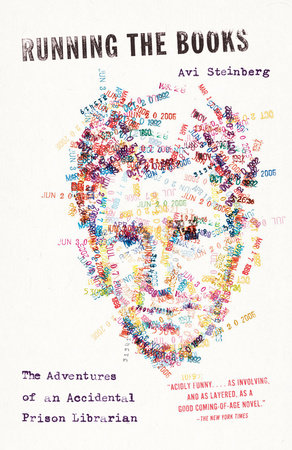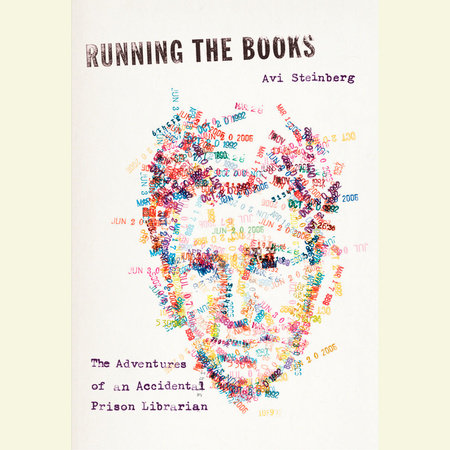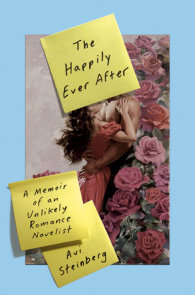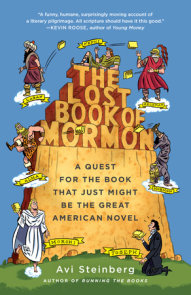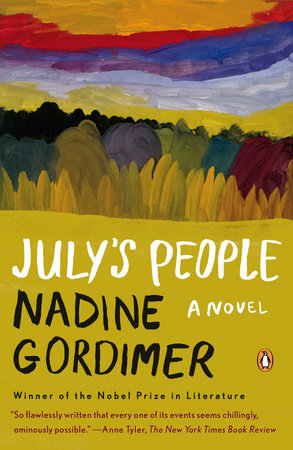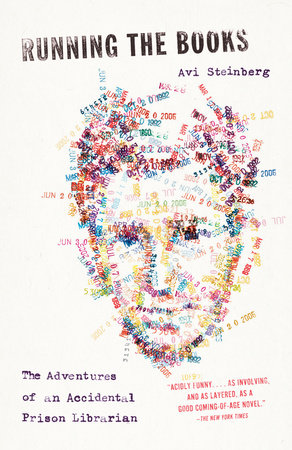

Running the Books
By Avi Steinberg
By Avi Steinberg
By Avi Steinberg
By Avi Steinberg
By Avi Steinberg
Read by Dustin Rubin
By Avi Steinberg
Read by Dustin Rubin

-
$20.00
Oct 04, 2011 | ISBN 9780767931311
-
Oct 19, 2010 | ISBN 9780385533737
-
Oct 19, 2010 | ISBN 9780307876423
722 Minutes
Buy the Audiobook Download:
YOU MAY ALSO LIKE
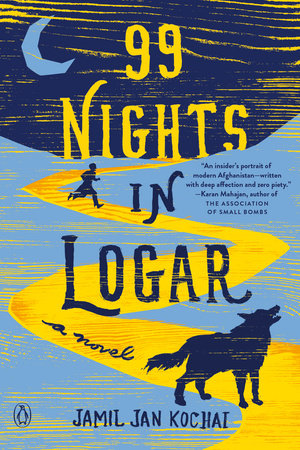
99 Nights in Logar
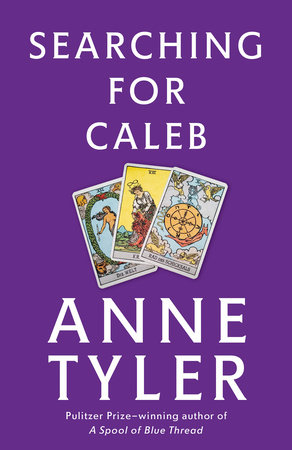
Searching for Caleb
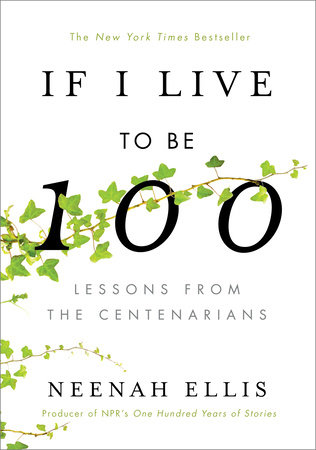
If I Live to Be 100
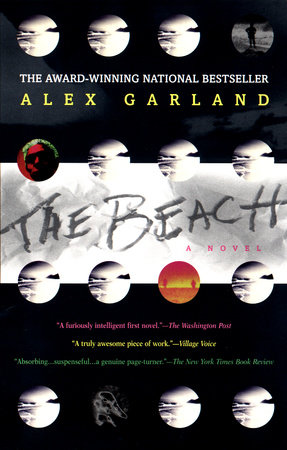
The Beach
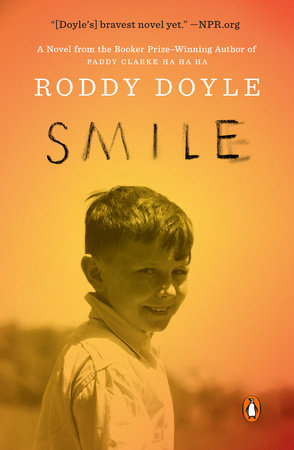
Smile
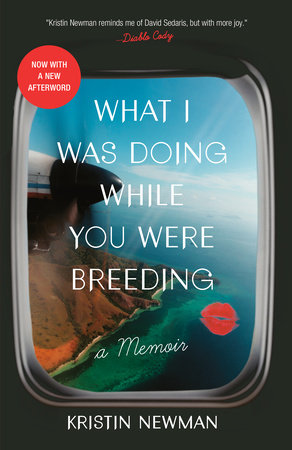
What I Was Doing While You Were Breeding
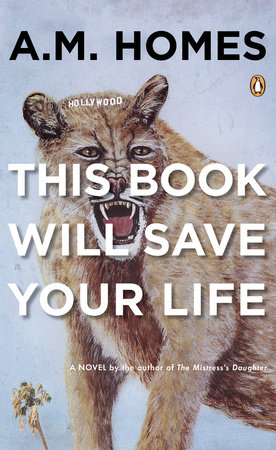
This Book Will Save Your Life
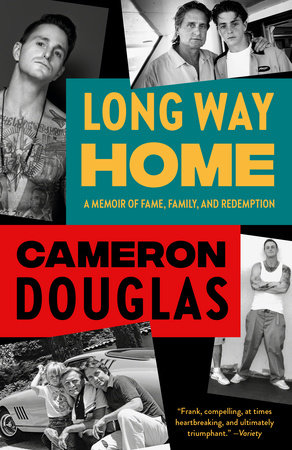
Long Way Home
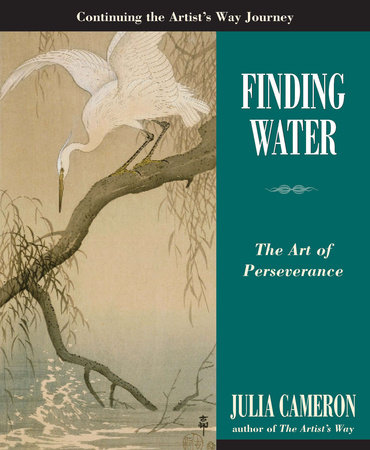
Finding Water
Praise
A San Francisco Chronicle Best Book of the Year
“Acidly funny. . . . As involving, and as layered, as a good coming-of-age novel. . . . Steinberg proves to be a keen observer, and a morally serious one. His memoir is wriggling and alive.”
—The New York Times
“Hysterical, ingenious, illuminating. I wish I had left yeshiva for prison right away.”
—Gary Shteyngart, bestselling author of Super Sad True Love Story
“A terrific book. . . . There’s plenty of humor here, for sure, but Steinberg, in tender, understated prose, also brings out the inmates’ irrepressible humanity.”
—San Francisco Chronicle
“I haven’t laughed this hard since David Sedaris’s Me Talk Pretty One Day.”
—Susan Salter Reynolds, Los Angeles Times
“Steinberg’s writing is funny, poignant and accessible. He’s the guy you want in front of the campfire because he knows how to tell a good story. . . . The characters pop off the pages—not because they’re stereotypical or overly sentimental, but because they’re real. Some get saved, others get even more lost, but Steinberg brings them all equally to life—for better or worse.”
—The Associated Press
“A freewheeling meditation on the nature of incarceration and a moving chronicle of a population that remains, by design, hidden from view.”
—The Boston Globe
“Heartbreaking and entertaining. . . . Steinberg’s compassion for those he mentored clearly comes through. Yet, this is far from a preachy memoir on prison reform. It’s a young man’s blundering, but touching, journey to find a place in the world. Fortunately, he makes us laugh and—sometimes cry—in the process.”
—The Seattle Times
“A moving account of the boredom, deprivation and infernal bleakness of prison . . . [filled] with unexpected bits of comedy and insight.”
—USA Today
“[A] page turner. . . . Wry, captivating. . . . An impressive account of a world that few readers of this newspaper will recognize.”
—The Economist
“A thoughtful and gifted debut author. . . . Steinberg’s writing is sharp and witty throughout, but he is at his most eloquent when describing the world of his youth and his Orthodox upbringing. . . . Steinberg effectively demonstrates the parallels that exist between such seemingly disparate universes. What this poignant memoir ultimately brings home is, in many ways, obvious—that humans are, all of us, exceptionally fragile and emotionally complex beings.”
—The Forward
“Running the Books presents [Steinberg’s] experiences working in the prison’s library as a fiendishly intricate moral puzzle, sad and scary, yes, but also—and often—very funny.”
—Salon
“Funny, eclectic, and ultimately moving.”
—The Daily Beast
“This wonderful memoir is about a prison library, but it’s also about love, religion, Shakespeare, murder, the human condition, and Ali G. This is a book for everybody who loves books—felons and non-felons alike.”
—A. J. Jacobs, bestselling author of The Year of Living Biblically
“Delightfully insightful. . . . How much can we readers expect to learn about prison life through the prism of its library? Answer: Volumes.”
—Haaretz
“Perceptive, comic, self-deprecating, reflective, and pungently ironic à la Catch-22. . . . Running the Books is both very funny and heart-breaking, further evidence for Mark Twain’s edict that ‘The secret source of humor is not joy but sorrow; there is no humor in Heaven.’”
—Chicago Life Magazine
“Imagine Kafka as a prison librarian—which may not be such a bad description of Kafka—and you get some idea of the joys this book delivers. Steinberg’s profound susceptibility to both absurdity and pathos makes Running the Books one of the best memoirs I’ve read in a long while.”
—Rebecca Newberger Goldstein, author of 36 Arguments for the Existence of God: A Work of Fiction
“Running the Books reads like a cross between Dante’s Inferno, Isaac Babel’s Red Cavalry, and HBO’s The Wire—a narrative rife with moral compromises, power games, and moments of redemption. . . . Steinberg is unfailingly thought-provoking, witty, humane, and, above all, relentless in his pursuit of a good story.”
—Elif Batuman, author of The Possessed
21 Books You’ve Been Meaning to Read
Just for joining you’ll get personalized recommendations on your dashboard daily and features only for members.
Find Out More Join Now Sign In






